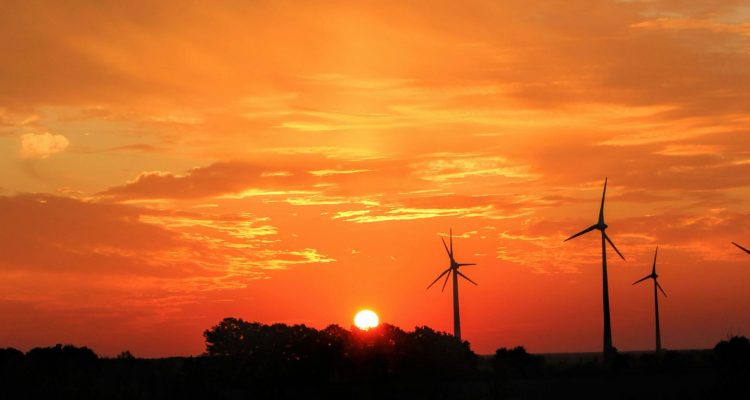In 2020, the French Institute for Technological Research, IRT Jules Verne, together with industry partners Arkema, Owens Corning, LM Wind Power, SUEZ, and CANOE launched the ZEBRA (Zero wastE Blade ReseArch) project to develop 100% recyclable composite wind turbine blades.
In 2023, the ZEBRA project completed full scale validation testing of its first wind blade and production of a second recyclable thermoplastic wind blade measuring 77 meters in length.
Recently, the ZEBRA project team successfully developed a closed-loop process to recycle materials from wind turbine blades, with each of the industry partners playing a pivotal role in the process.
Arkema developed recycled Elium® monomer through thermolysis, achieving a yield of over 75%, and worked with its subsidiary Bostik to create an adhesive for the blade assembly.
Owens Corning recovered glass fiber that was reintroduced into its Sustaina® production.
LM Wind Power manufactured two wind turbine blades using Arkema’s Elium® resin and Owens Corning’s Ultrablade® fabrics.
SUEZ managed cutting and grinding for processing the blades.
CANOE R&D Center enhanced recycling processes for production and carbon blade waste and developed mechanical recycling methods to repurpose waste streams.
ENGIE’s life cycle analysis validated both the environmental benefits and economic viability of ZEBRA’s closed-loop ZEBRA blade recycling process.
When the project kicked-off, Céline Largeau, ZEBRA project Manager at IRT Jules Verne, explained, “Demonstrating a circular approach to wind turbine blades throughout their lifetime requires mobilizing a strategic consortium covering the whole value chain to guarantee valuable and precise industrial data and achievements. The ZEBRA project is a great opportunity to join together Arkema, CANOE, ENGIE, LM Wind Power, Owens Corning and Suez who are key leaders in the wind energy sector. We look forward to carrying out constructive work altogether to improve wind energy performance and efficiency.” The closed-loop recycling process demonstrates the potential for full wind turbine blade recycling and a sustainable path for the wind energy industry.


